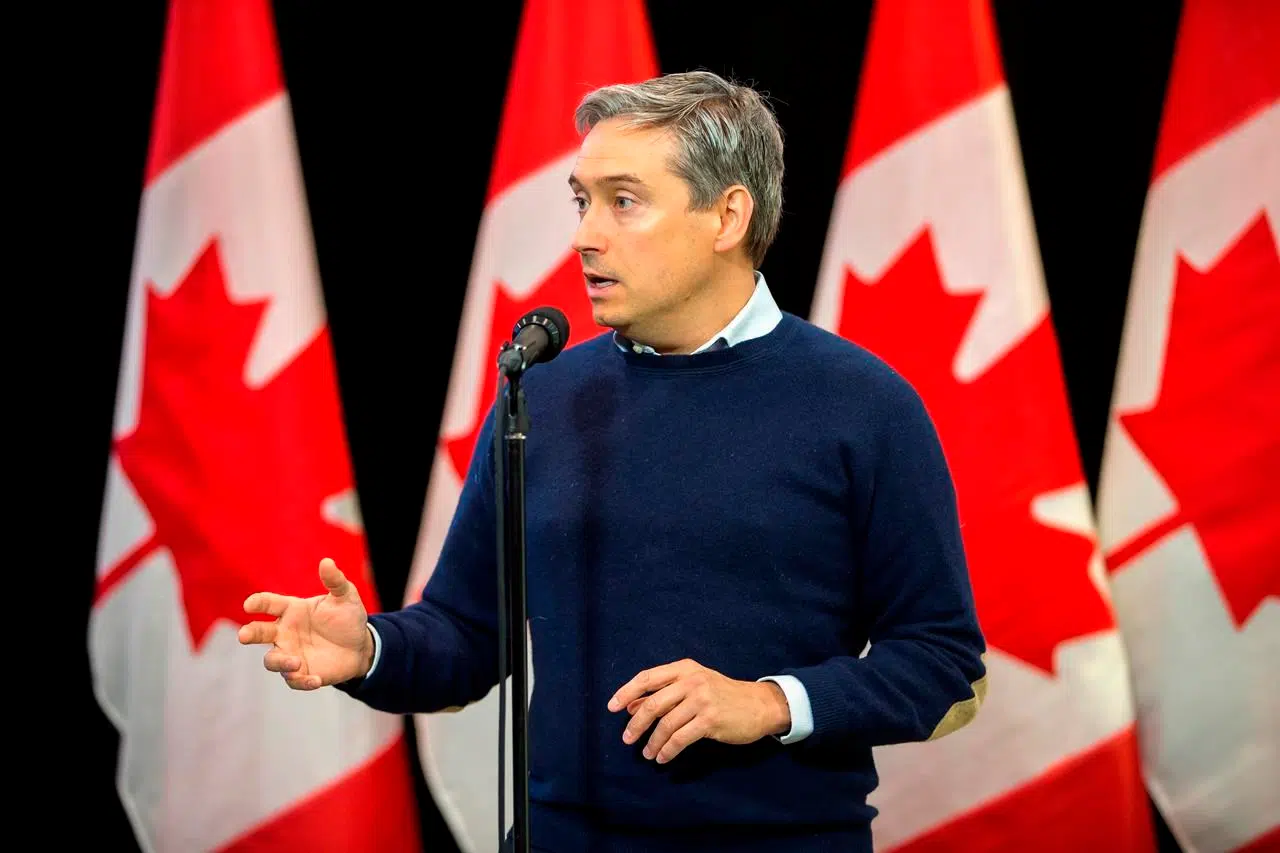
Exporters urging Ottawa to undo uneven application of Russian sanctions
Canadian exporters with long histories of doing business in Russia are urging the federal government to help them compete with foreign rivals that they insist are profiting from Ottawa’s particularly rigid approach to international sanctions.
Companies say they’re losing ground because, unlike other countries that have imposed sanctions directed at Moscow, Canada went a step further by removing its export credit agency from the Russian market in 2014.
The absence of Export Development Canada’s services, which include important supports like trade insurance, has led to a retreat of Canadian business from Russia.
Canadian firms say the vacuum has helped open up new opportunities for competitors from places like the United States, Europe and Japan, where export credit agencies continue to support local businesses with interests in Russia, despite similar sanctions by their governments.


